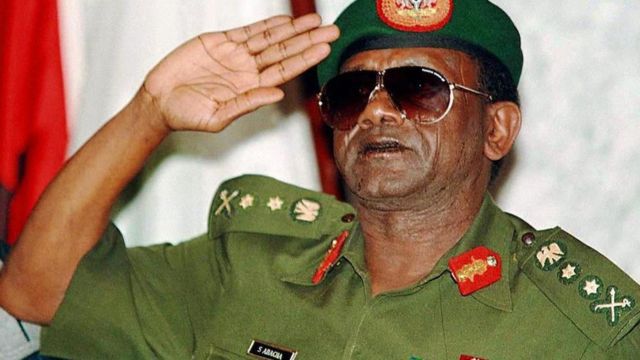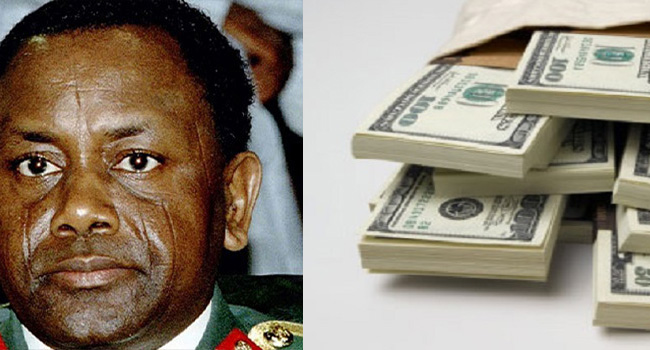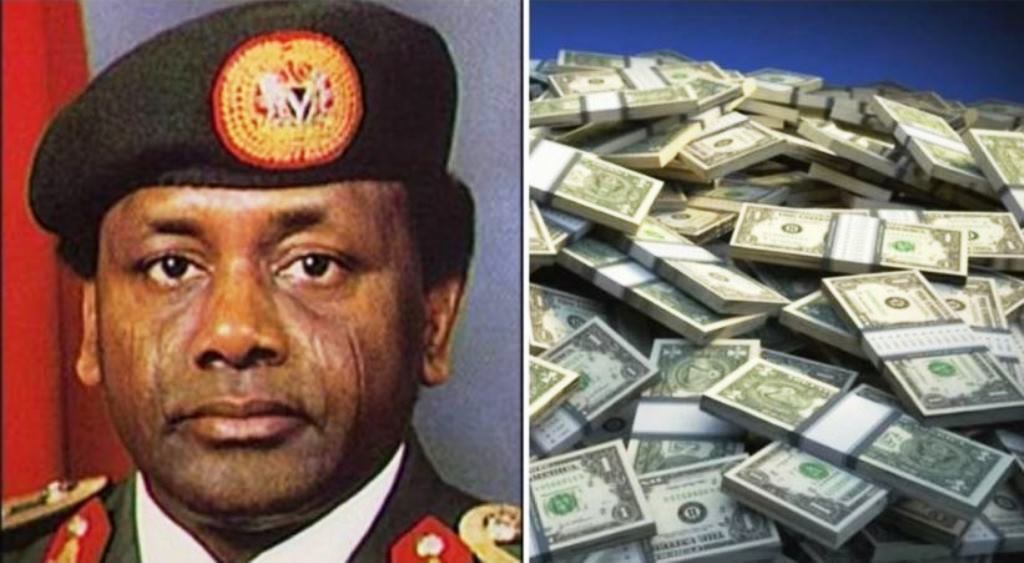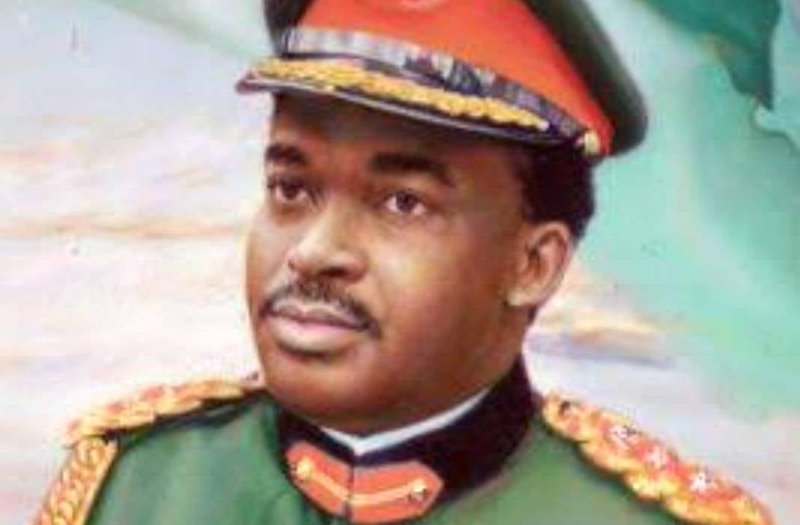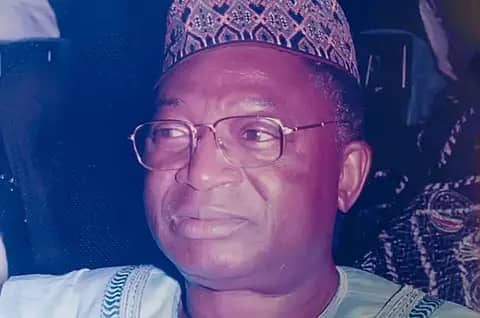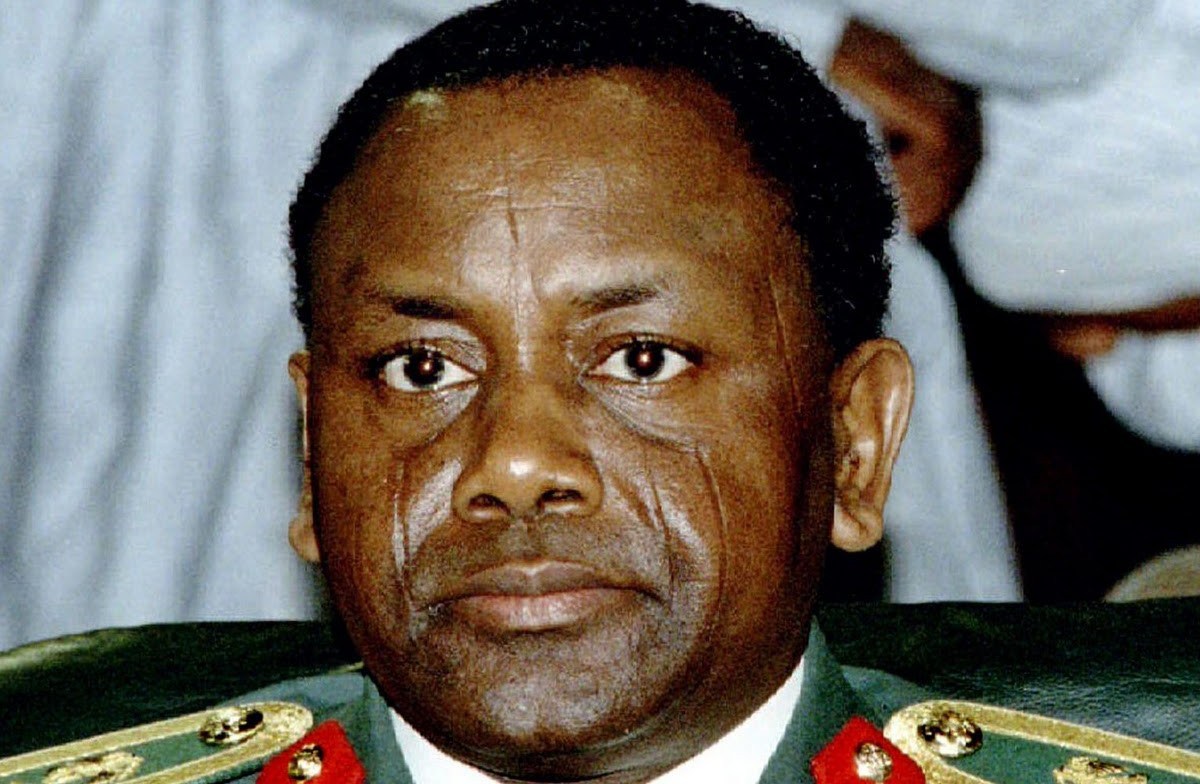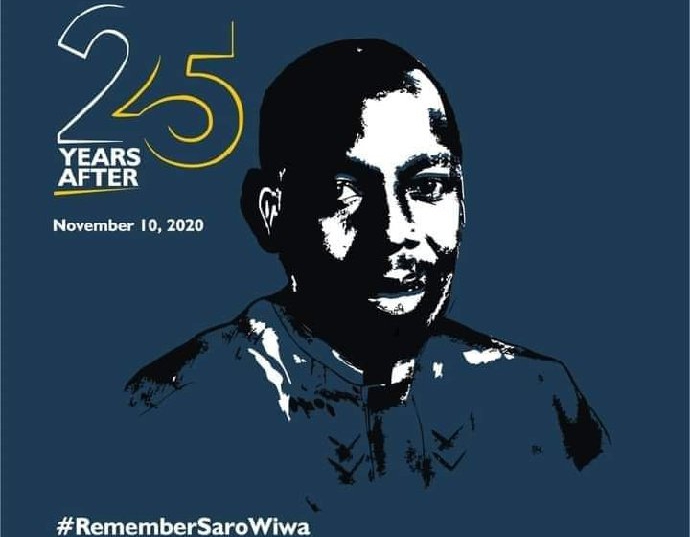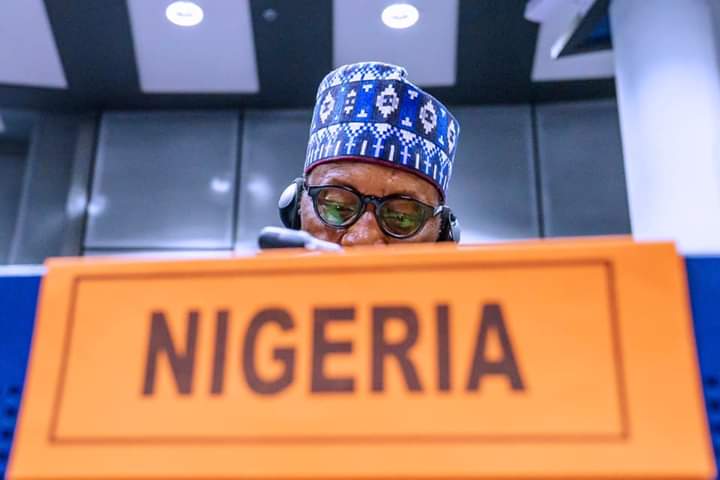The Federal High Court sitting in Abuja, in a landmark judgment, has ordered the disclosure of the spending details of about USD$5 billion Abacha loot by the governments of former presidents Olusegun Obasanjo, Umaru Musa Yar’Adua, Goodluck Jonathan and Muhammadu Buhari.”
The court ordered the government of President Bola Tinubu to “disclose the exact amount of money stolen by General Sani Abacha from Nigeria, and the total amount of Abacha loot recovered and all agreements signed on same by the governments of former presidents Obasanjo, Yar’Adua, Jonathan and Buhari.”
The judgment was delivered last week by Justice James Kolawole Omotosho following a Freedom of Information suit number: FHC/ABJ/CS/407/2020, brought by the Socio-Economic Rights and Accountability Project (SERAP).
In his judgment, Justice Omotosho held that, “In the final analysis, the application by SERAP is meritorious and the Federal Government through the Ministry of Finance is hereby ordered to furnish SERAP with the full spending details of about $5bn Abacha loot within 7 days of this judgment.”
Justice Omotosho ordered the government to “disclose details of the projects executed with the Abacha loot, locations of any such projects and the names of companies and contractors that carried or carrying out the projects since the return of democracy in 1999 till date.”
Justice Omotosho also ordered the government to “disclose details of specific roles played by the World Bank and other partners in the execution of any projects funded with Abacha loot under the governments of former presidents Obasanjo, Yar’Adua, Jonathan and Buhari.”
Justice Omotosho also stated that, “The excuse by the Minister of Finance is that the Ministry has searched its records and the details of the exact public funds stolen by Abacha and how the funds have been spent are not held by the Ministry. The excuse has no leg to stand in view of section 7 of the Freedom of Information Act.”
Justice Omotosho dismissed all the objections raised by the Federal Government and upheld SERAP’s arguments. Consequently, the court entered judgment in favour of SERAP against the Federal Government.
Justice Omotosho’s judgment, dated 3 July, 2023, read in part: “The failure of the Minister of Finance to write to SERAP informing it of where the said information exists or to transfer the request to public office who has custody of such information is fatal to their case under section 5 of the Freedom of Information Act.”
“The Ministry cannot use a blanket statement that it was not in possession of the said records of about $5bn Abacha loot sought by SERAP. The government failed to provide details of the projects executed with the money. It also failed to provide locations of the projects and the names of the companies and contractors that carried out or are carrying out the projects funded with the money.”
“I hold that by the clear wordings of section 7 of the Freedom of Information Act, 2011, access to information about spending details of $5bn Abacha loot was denied SERAP by the Federal Government.”
“The Federal Government had filed a 14 paragraph Counter Affidavit deposed to by Abah Sunday, Litigation Officer in the office of the Attorney General of the Federation argued that SERAP’s suit is frivolous, as it has not shown that the government denied it the information it seeks.”
“The Federal Government has also stated that SERAP has not established sufficient interest in its application. The government urged the Court to dismiss the suit.”
“For the sake of emphasis, possession of locus standi has been the bane of the citizens’ advocates, in the public interest litigation, to query transparency and accountability in governance in Nigeria.”
“In a democratic dispensation, such as in Nigeria, the citizens have been proclaimed the owners of sovereignty and mandates that place leaders in the saddle.”
“The requirement is a serious fracture of the citizens’ inalienable right to ventilate their grievances against poor governance vis-à-vis expenditure of public funds generated from their taxes.”
“The sacrosanct provision of Section 1(2) of the Freedom of Information Act, which has ostracised this disturbing requirement, has, admirably, remedied the harmful mischief appurtenant to it.”
“Clearly, section 1 gives a person the right to access any information from any public institution in Nigeria. SERAP is an organization registered in Nigeria and thus a juristic person. As a juristic person, SERAP need not show any specific interest in the spending details of about $5bn Abacha loot to be entitled to the same.”
“I therefore hold that SERAP is entitled to the information on the spending details of about $5bn Abacha loot, and need not show any special interest in the information sought.”
“The provision of Section 4 of the Freedom of Information Act is quite clear and mandates that public institution or public officer such as the Minister of Finance and the Attorney General of the Federation and Minister of Justice must make available the information requested within 7 days of the request.”
In the letter dated 8 July 2023 sent to President Tinubu on the judgment, and signed by SERAP deputy director, Kolawole Oluwadare, the organization said, “We urge you to demonstrate your expressed commitment to the rule of law by immediately obeying and respecting the judgment of the Court.”
SERAP’s letter, read in part: “We urge you to direct the Ministry of Finance and the office of the Attorney General of the Federation to immediately compile and release the spending details of recovered Abacha loot as ordered by the court.”
“The immediate enforcement and implementation of the judgment by your government will be a victory for the rule of law, transparency and accountability in the governance processes and management of public resources including the $5bn Abacha loot.”
“By immediately complying with the judgment, your government will be demonstrating to Nigerians that it is different from the Buhari government, which persistently and brazenly defied the country’s judiciary, and sending a powerful message to politicians and others that there will be no impunity for grand corruption.”
“Immediately implementing the judgment will restore trust and confidence in the independence of Nigeria’s judiciary. SERAP urges you to make a clean break with the past and take clear and decisive steps that demonstrate your commitment to the rule of law, transparency and accountability in the governance processes.”
“SERAP trusts that you will see compliance with this judgment as a central aspect of the rule of law; an essential stepping stone to constructing a basic institutional framework for legality and constitutionality. We therefore look forward to your positive response and action on the judgment.”
Joined as defendants in the suit are the Minister of Finance and the Attorney General of the Federation and the Minister of Justice.
Justice Omotosho granted the following orders of mandamus against the Nigerian government:
AN ORDER OF MANDAMUS is hereby made directing and compelling the Federal Government [through the Ministry of Finance and the office of the Attorney General of the Federation and Minister of Justice to provide and disclose the following information to SERAP:
[a] Exact amount of money stolen by General Sani Abacha from Nigeria, and the total amount of Abacha loot recovered and all agreements signed on same since the return of democracy in 1999 till date
[b] Details of the projects executed with the recovered funds, locations of any such projects and the names of companies and contractors that carried or carrying out the projects
[c] Details of specific roles played by the World Bank and other partners in the execution of any projects funded with Abacha loot since 1999
AN ORDER OF MANDAMUS is hereby made directing and compelling the Federal Government to:
[a] Refer any allegations of corruption involving the execution of projects with Abacha loot to the Economic and Financial Crimes Commission (EFCC) and the Independent Corrupt Practices and Other Related Offences Commission (ICPC) for investigation
[b] Ensure that anyone involved in alleged corruption in projects executed with Abacha loot is brought to justice if there is relevant and sufficient admissible evidence.
